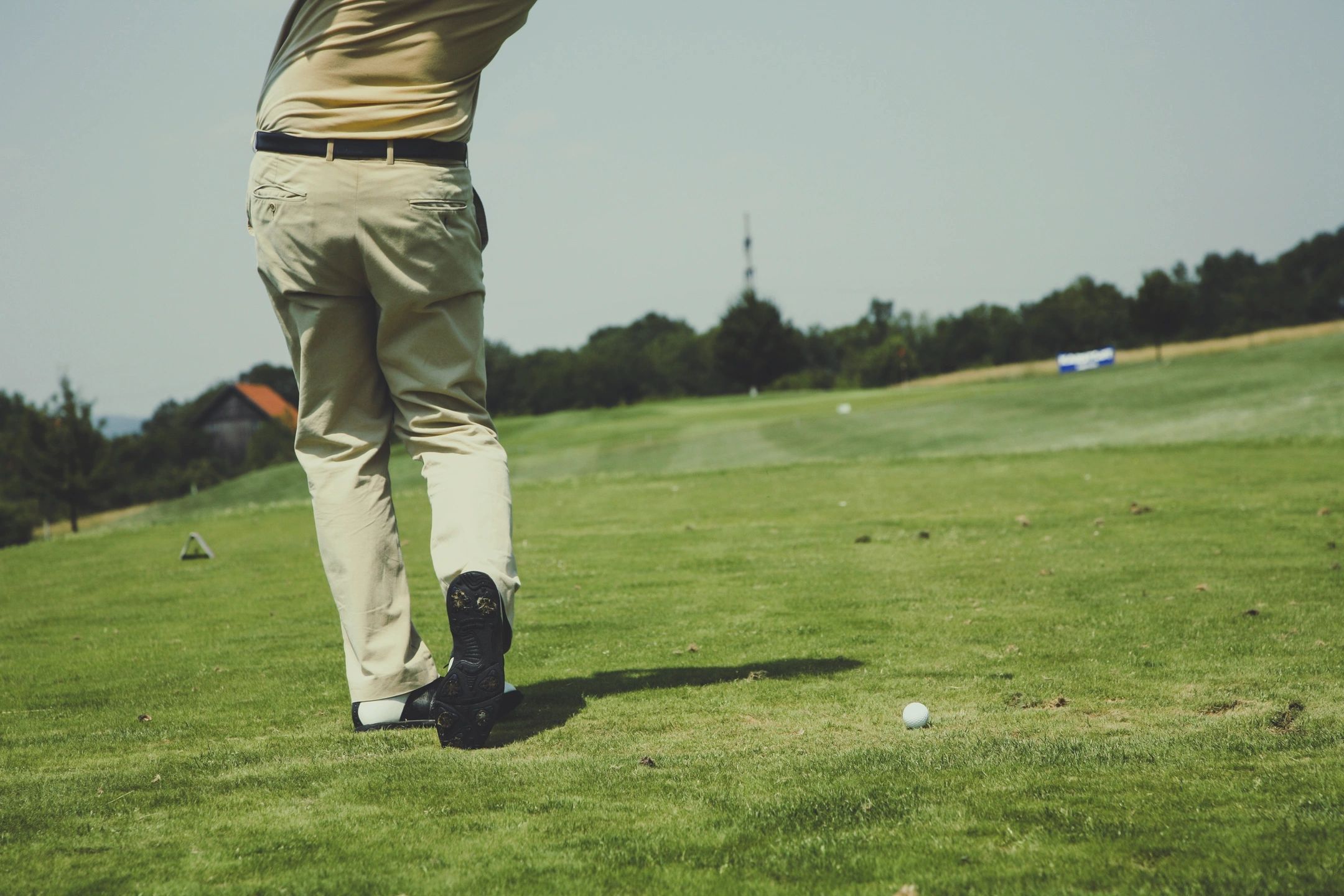Search & Find The Best Clinicians In Your Community
Performance. Confidence. Mental health. Find the right support for your sport and your well-being.
Connect with Elite
Sport Psychologists, Sport Social Workers & Other Sport Clinicians
From game-day mindset to everyday mental health, connect with clinicians who help athletes feel better and play better.
Meet Our Featured Sport Clinicians
Performance. Growth. Well-being. These clinicians lead the way in sport psychology and/or mental health support.
More Filters
- 12905, Riverside Drive, Sherman Village, Sherman Oaks Neighborhood Council District, Los Angeles, Los Angeles County, California, 91423, United States
- 6174190643
- www.mentalfitnesspsych.com
- Virtual, In-Person
- 3160 B, Lynncroft Lane, Lynndale, Greenville, Pitt County, North Carolina, 27658, United States
- 6174190643
- http://www.mentalfitnesspsych.com
- In-Person
- Massachusetts General Hospital, 55, Fruit Street, West End, Boston, Suffolk County, Massachusetts, 02114, United States
- 6174190643
- www.mentalfitnesspsych.com
- CMPC certified, Available for mentorship for the CMPC certification
- In-Person
- Broken Arrow, Tulsa County, Oklahoma, United States
- 6174190643
- CMPC certified, Available for mentorship for the CMPC certification
- In-Person
- Massachusetts General Hospital, 55, Fruit Street, West End, Boston, Suffolk County, Massachusetts, 02114, United States
- 6174190643
Helping Athletes Thrive Emotionally, Compete Confidently, & Play with Purpose
We match athletes with professionals who get it—because high-level performance and emotional well-being go hand in hand.
Find the Right Expert
Easily find sport clinicians with expertise tailored to your sport, performance goals, and/or mental health needs.
Evidence-Based Approaches
The professionals in our network use scientifically-validated methods that have been proven to enhance athletic performance and/or well-being.
Personalized Support
Find clinicians who customize strategies to help you overcome challenges and grow in the ways that matter most to you.
Frequently Asked Questions
Find answers to the most common questions about sport psychology, athlete mental health, and finding the right support.
Sport psychology is a specialized field that applies psychological principles to optimize athletic performance, enhance mental well-being, and foster personal growth through sports participation. Sport psychologists work with athletes to develop mental skills such as concentration, confidence, emotional regulation, and resilience.
A sport clinician can help improve your performance by teaching you mental skills such as goal setting, visualization, focus techniques, mindfulness, and strategies to manage performance anxiety. They can also help you develop a pre-performance routine, enhance team communication, and navigate challenges like slumps or injuries.
In your first session, the sport clinician will typically conduct an initial assessment to understand your background, goals, and current challenges. They’ll ask about your sport experience, mental aspects of your performance, and what you hope to achieve. This session establishes the foundation for creating a personalized mental performance plan.
Sport clinicians can be qualified to work with athletes with or without a certification, but all clinicians on the directory have either a license or certification to work with athletes. For instance, if you are interested in working with what has traditionally been called a “sport psychologist,” check if they’re certified by the Association for Applied Sport Psychology and have their Certified Mental Performance Consultant (CMPC). Also, consider their experience working with athletes in your sport and their clinical licensure or credentials. It is the responsibility of the clinician to explain their competency and background to potential clients and clients should feel empowered to ask questions to better understand their potential sport clinician.
No, sport psychology is beneficial for athletes at all levels, from beginners to professionals. Mental skills training can help youth athletes develop a healthy relationship with sport, collegiate athletes balance academic and athletic demands, recreational athletes enjoy their participation more fully, and elite athletes optimize their performance.
Athletes face unique challenges—like performance pressure, identity struggles, and injury recovery—that a sport-specialized therapist truly understands. These clinicians speak the language of sport and tailor therapy to fit your athletic experience. Whether you’re managing anxiety, burnout, or life stress, they help you work through it in a way that supports both your mental health and your performance.
Sport Psychology & Athlete Mental Health Blog
Explore stories, tools, and research at the intersection of performance and emotional wellness.
- June 24, 2021
- 1 mins read
- June 24, 2021
- 1 mins read
- June 24, 2021
- 1 mins read









